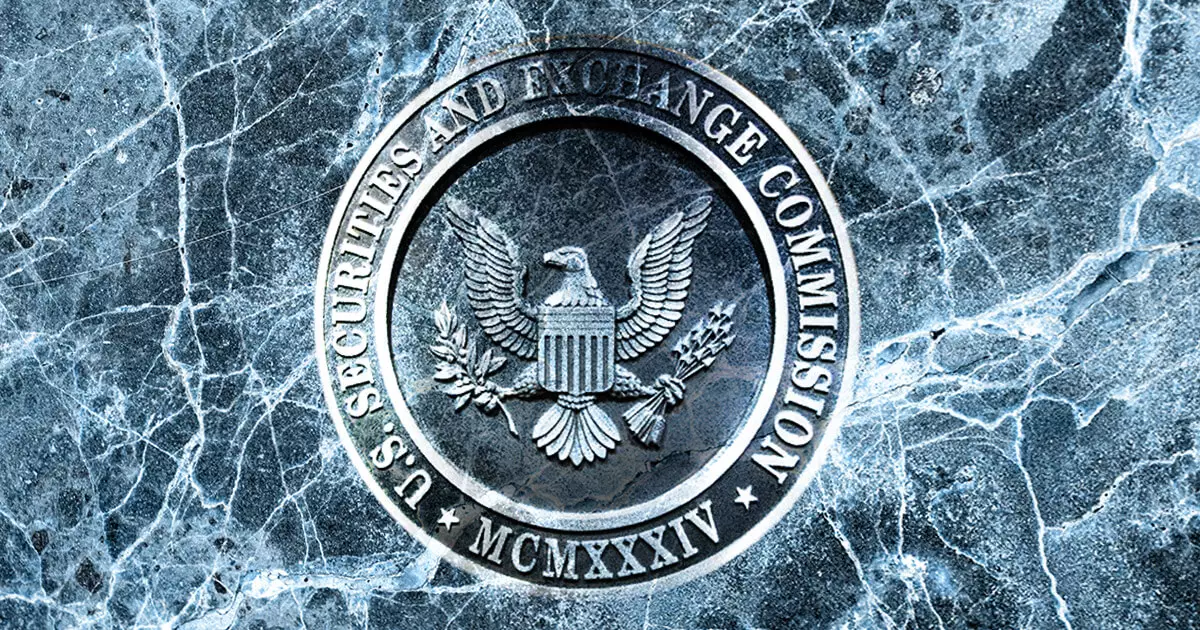The US Securities and Exchange Commission (SEC) Commissioner, Mark T. Uyeda, recently highlighted the need for the development of specialized S-1 registration forms tailored to digital asset securities. Speaking at the Korea Blockchain Week 2024 event, Uyeda emphasized the importance of updating the SEC’s regulatory tools to effectively address the unique characteristics of digital assets. While the S-1 form is a fundamental document for US issuers looking to offer new securities to the public, Uyeda pointed out that the current forms may not adequately capture the complexities of digital asset securities.
Drawing on past experiences with other financial products, Uyeda suggested that working with sponsors to create customized registration requirements has been beneficial in cases where standard forms were insufficient. He proposed a similar approach for digital asset securities, which often do not neatly fit into existing regulatory categories. Uyeda expressed concerns about the burdens placed on sponsors due to the lack of tailored registration options, leading to disclosures that may not be relevant or feasible.
The issue of regulating digital asset securities has been a contentious topic within the SEC, particularly concerning legal disputes with major industry players like Ripple and Coinbase. These firms have argued that the lack of clarity from the SEC on what constitutes a security in the context of digital assets has created uncertainty and legal challenges. They have called for clear, consistent, and predictable rules to foster innovation while safeguarding investors’ interests.
Uyeda addressed the broader problem of regulatory uncertainty in the digital asset space, noting the SEC’s lack of decisive action in this area. He suggested that new legislation or rulemaking could provide clearer guidelines for the industry. However, despite the growing importance of digital assets, these issues have not been prioritized in the SEC’s regulatory agenda under Chair Gary Gensler. Uyeda emphasized the need for the SEC to consider international developments, particularly in regions such as the European Union, South Korea, and Japan, when formulating future regulations for digital assets.
The need for specialized S-1 forms for digital asset securities is crucial in addressing the unique complexities of this sector. By updating regulatory tools and creating tailored registration requirements, the SEC can provide clarity and support to the industry while ensuring investor protection. Regulatory uncertainties and disputes with industry players highlight the urgency of establishing clear guidelines for digital asset securities. Moving forward, a more adaptive regulatory framework that recognizes the distinct nature of digital assets is essential for fostering innovation and ensuring a level playing field in the evolving digital asset landscape.

